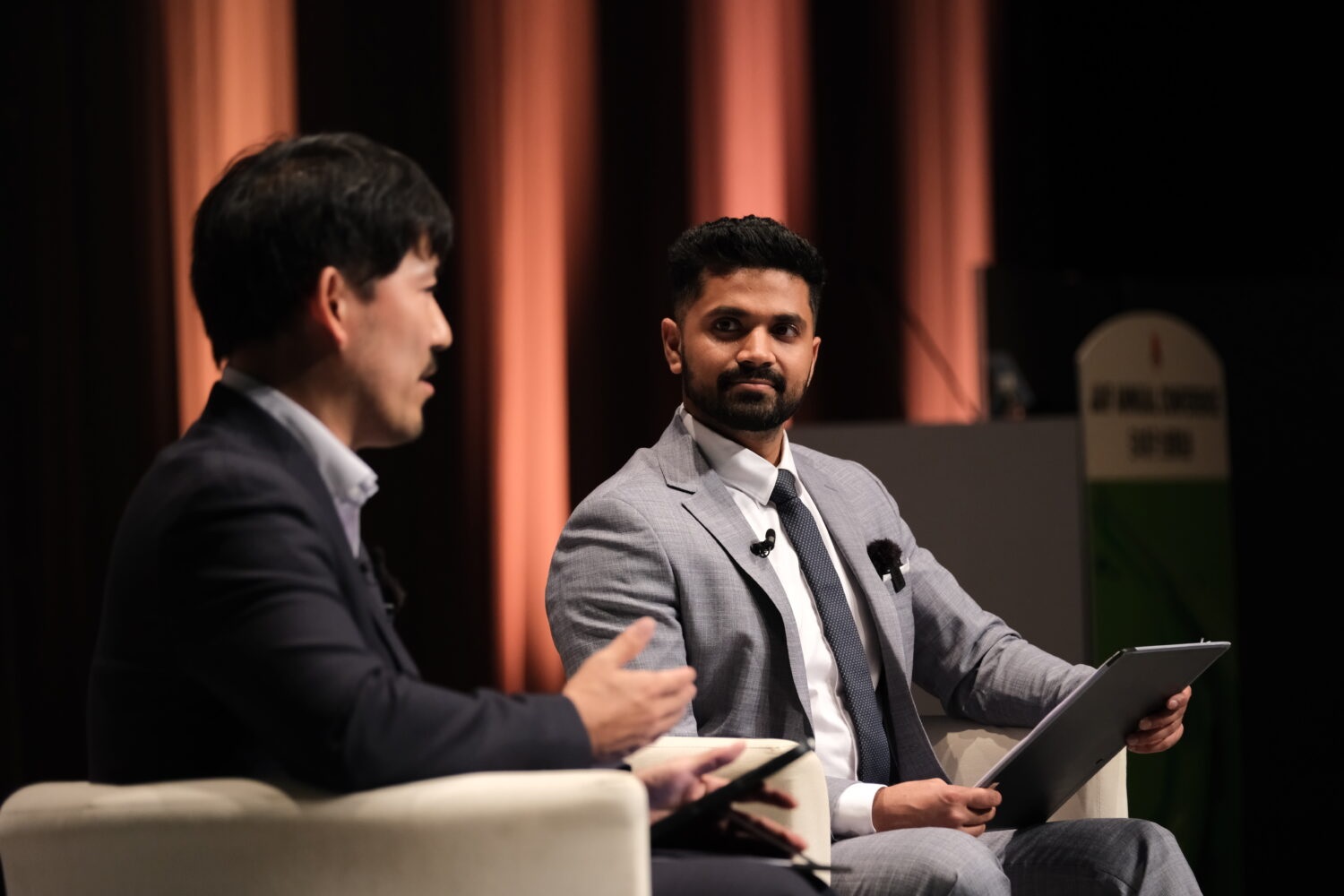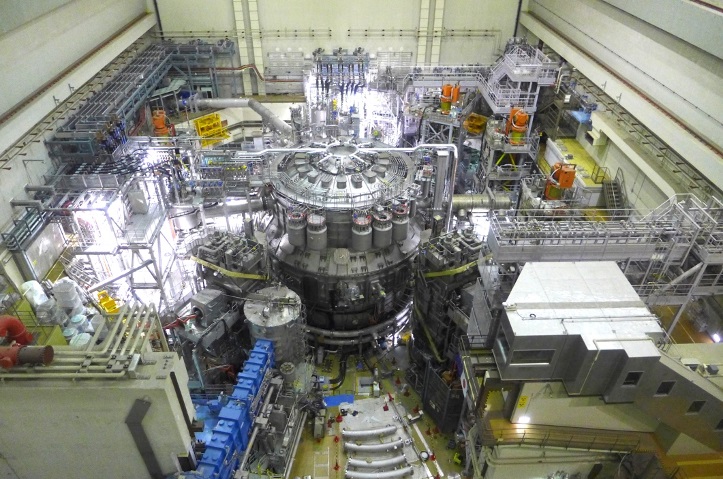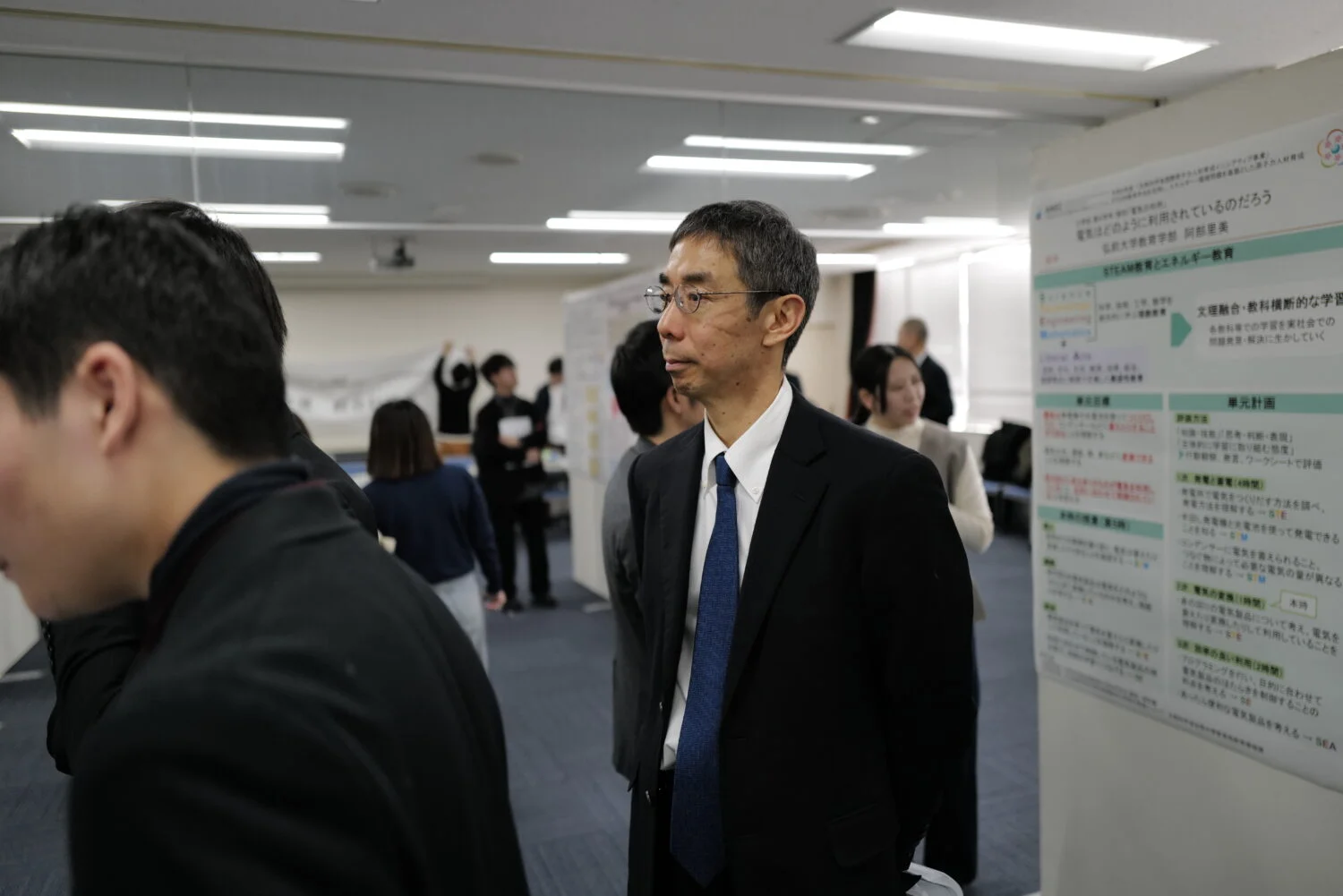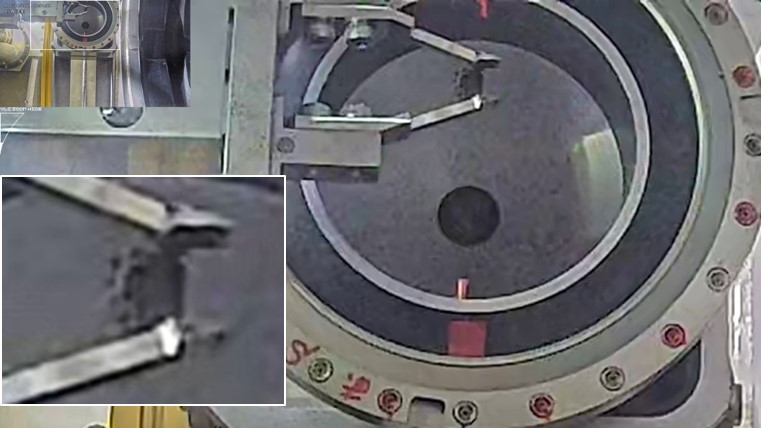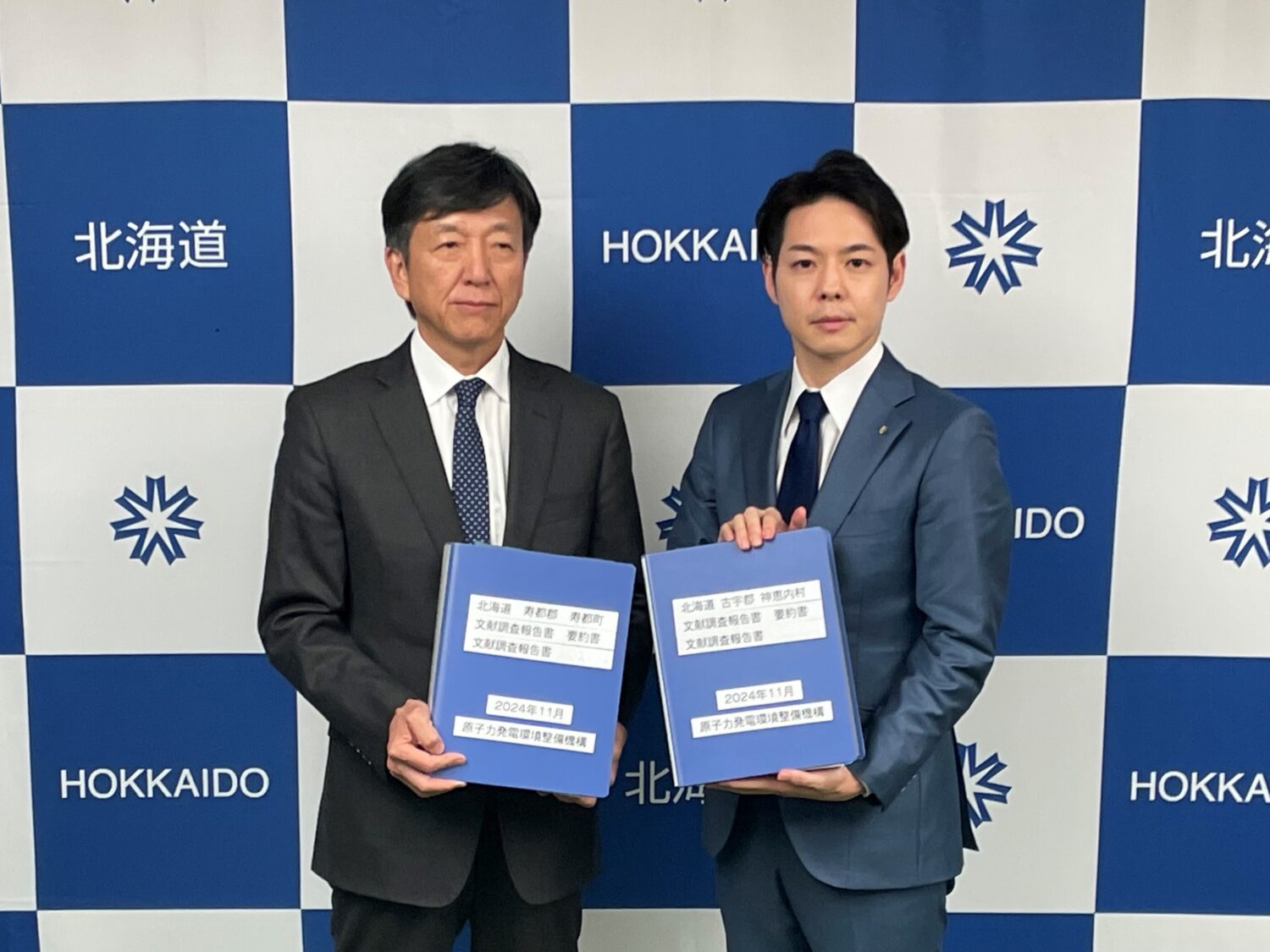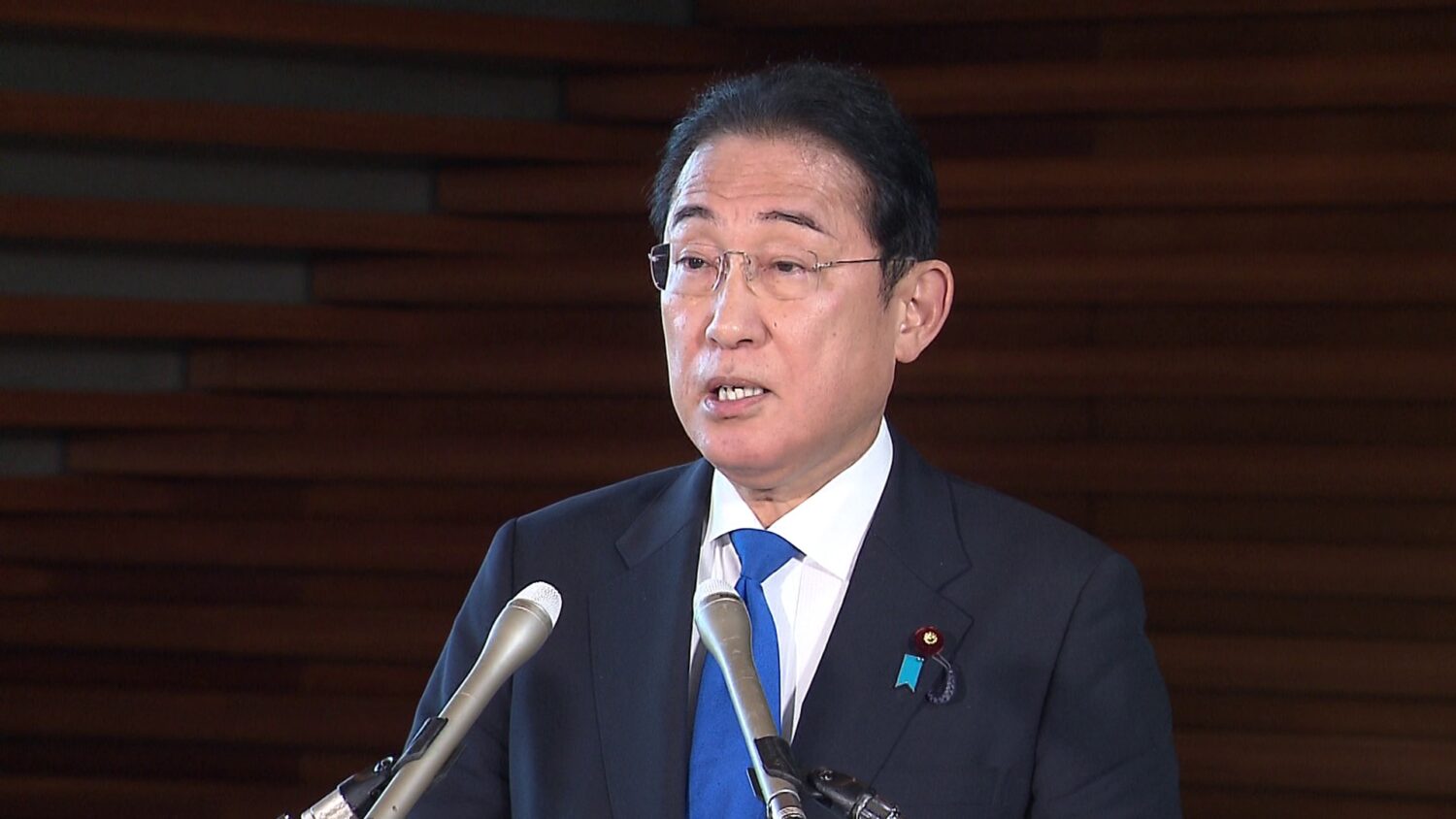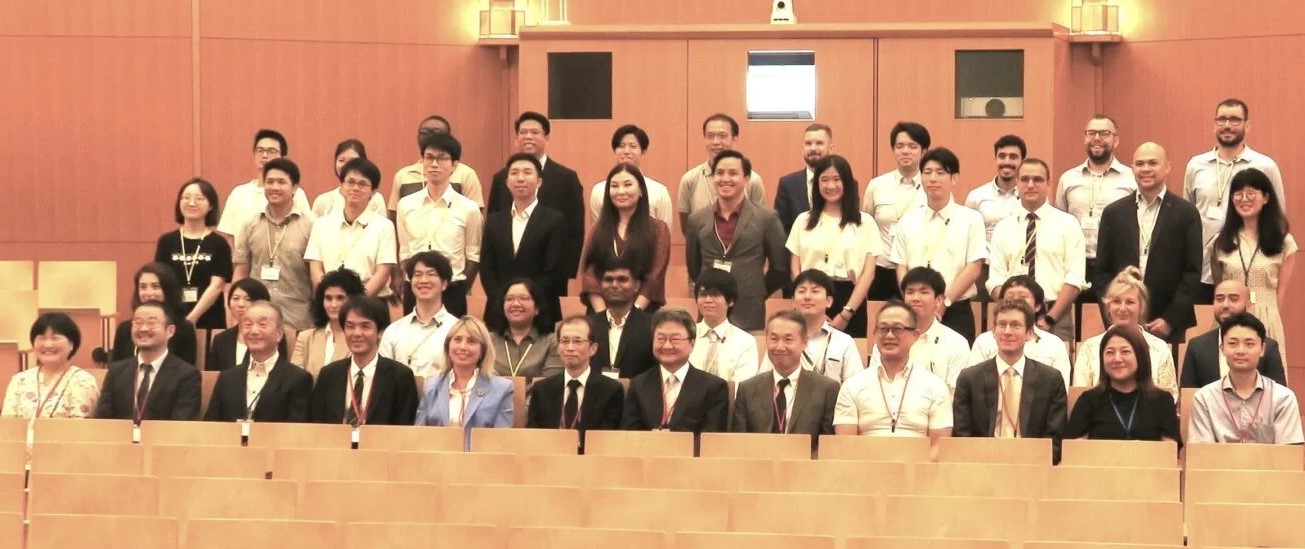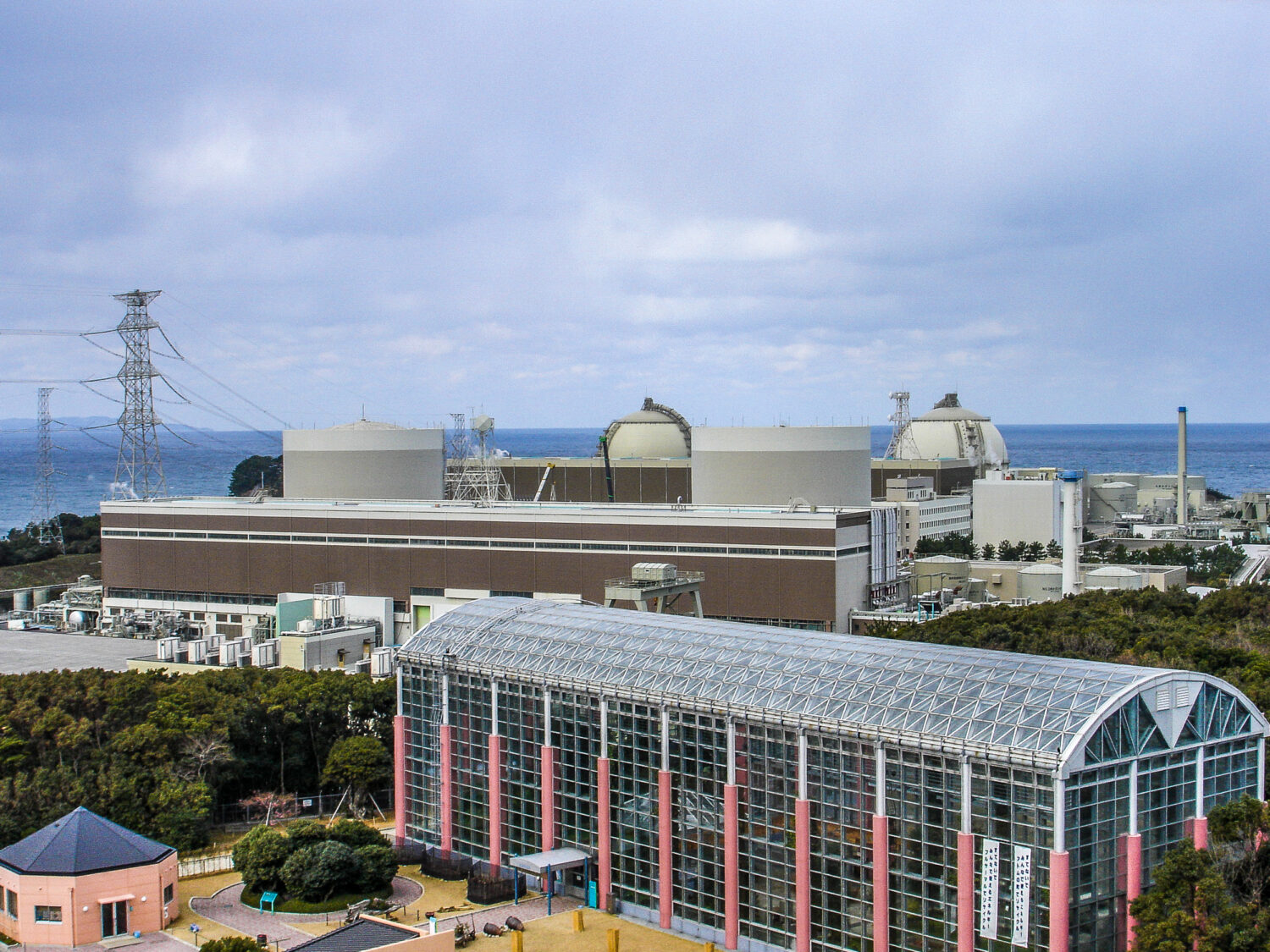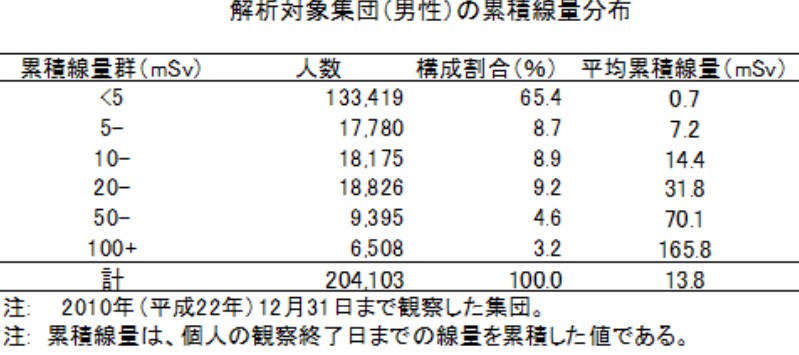Referring first to recent remarks by Prime Minister KISHIDA Fumio, namely, that “the government would have up to nine nuclear power reactors operating this winter to secure enough sources of energy to cover about 10% of Japan’s overall power consumption,” President Arai pointed out that the remark showed the prime minister’s “high hopes for nuclear power.”
He then talked about how JAIF came to make the proposal. Recognizing that it is extremely important to maintain supply chains for the sustainable use of nuclear power, as stated in the Sixth Strategic Energy Plan issued in October 2021, JAIF conducted a questionnaire survey of its member companies and analyzed the results.
The proposal seeks the following:
- Implementing all possible activities toward the early restart of nuclear power plants (NPPs).
- Presenting an energy plan stipulating the construction of new and replacement NPPs.
- Improving the business environment enabling investments in the construction of new and replacement NPPs.
- Expanding support for the technological development of advanced reactors, including large light water reactors (LWRs), and demonstrations thereof.
- Developing comprehensive support measures regarding the promotion of the exports of equipment, facilities and components.
Prior to outlining the proposal, President Arai talked about the results of JAIF’s survey, which was carried out between September and November 2021, and to which 154 companies responded. In comparison with trends and patterns in 2010, 22% of respondents said that sales had been increasing, while 48% said that they had been decreasing. Those who answered “decreasing” cited “the suspension of NPPs” as a reason. Based on that, JAIF determined that companies engaged in safety measures work to meet the new regulatory standards have been doing better than those engaged in NPP operations and maintenance.
In response to a question in the survey about the effects of the prolonged suspensions of NPP operations, the proportion of those companies citing problems in maintaining and continuing technological capabilities rose to 56%. President Arai said that resumed construction could not be carried out within budget and according to schedule in countries lacking experience in building new NPPs, nor in Western countries if construction of NPPs there had been suspended for a decade. He expressed his concern that the longer the blank period becomes, the longer it would take to recover technological capabilities.
Concerning the immediate issue of efficient examinations by the regulatory authority for restarting NPP operation, President Arai expressed optimism for cooperative activities among operators through the “task force to enable accelerated restarts” at the Federation of Electric Power Companies of Japan (FEPC), as well as for the exchange of views and opinions between the Nuclear Regulatory Authority (NRA) and heads of nuclear operators’ nuclear power sectors (CNO meetings), which are held sometimes at the NRA. He also said that he looked forward to the activities of the Atomic Energy Association (ATENA).
Regarding the development of technology for advanced reactors and the promotion of international activities, he said that he recognized them to be “attractive projects” in terms of improving technological capabilities and attracting students.


